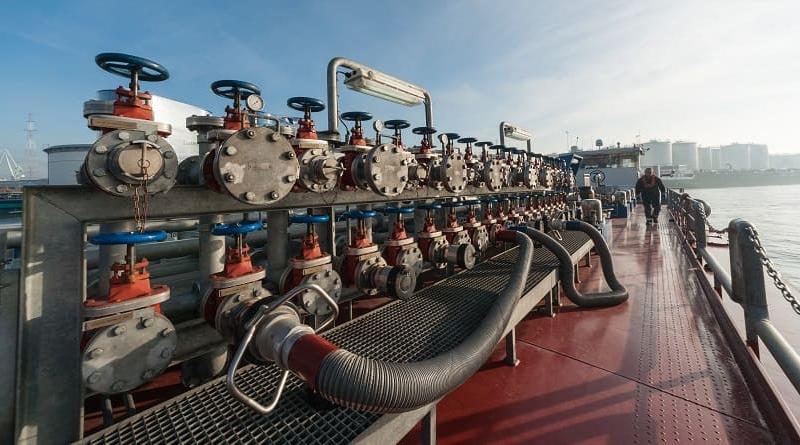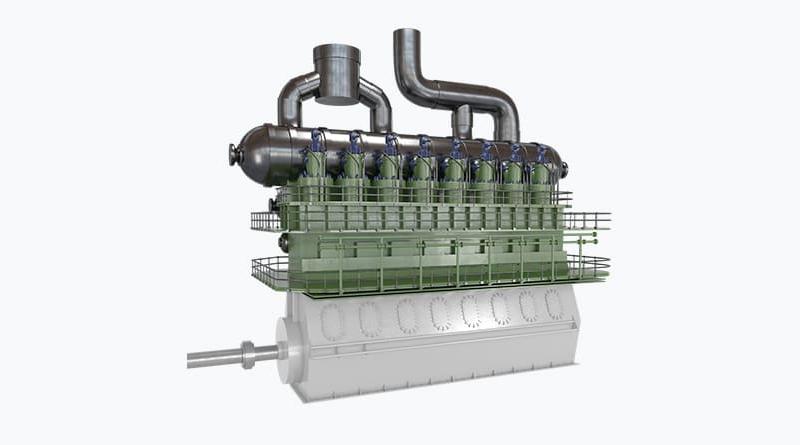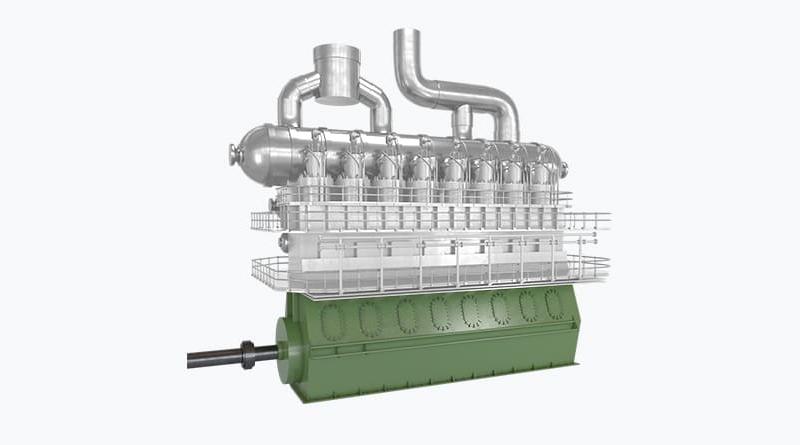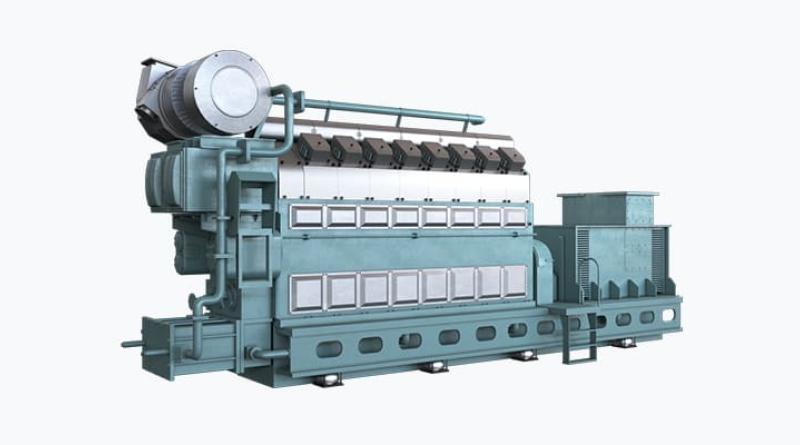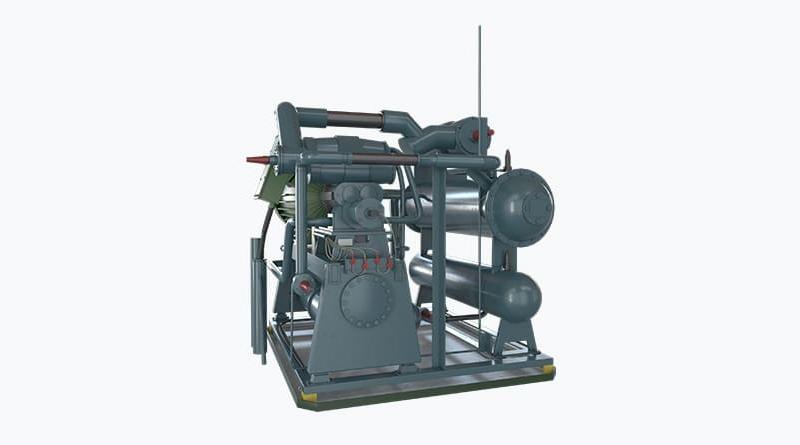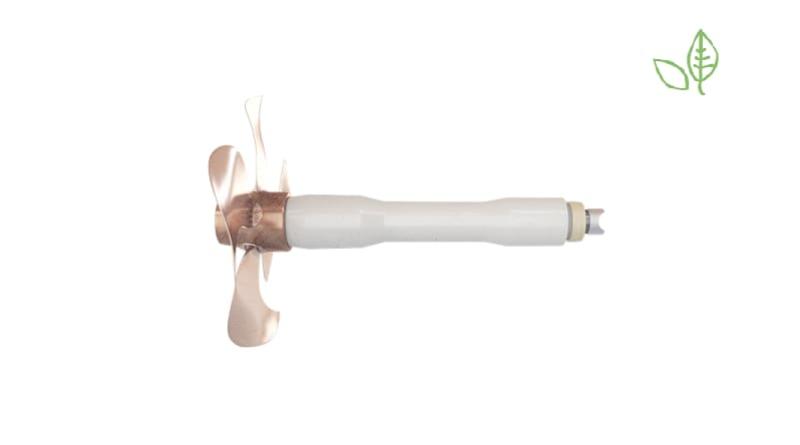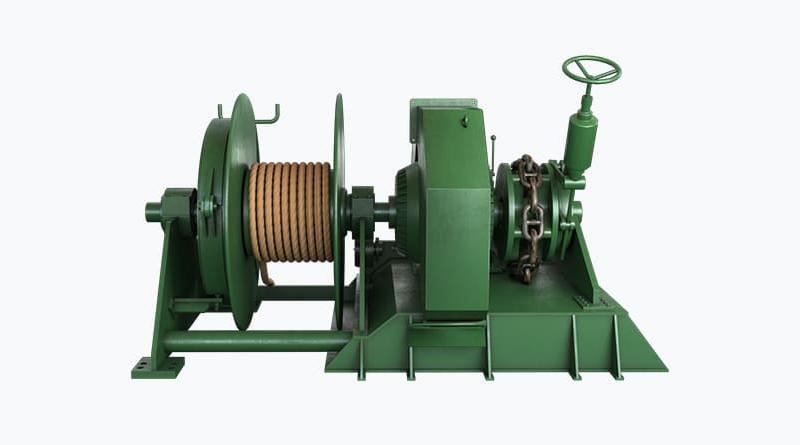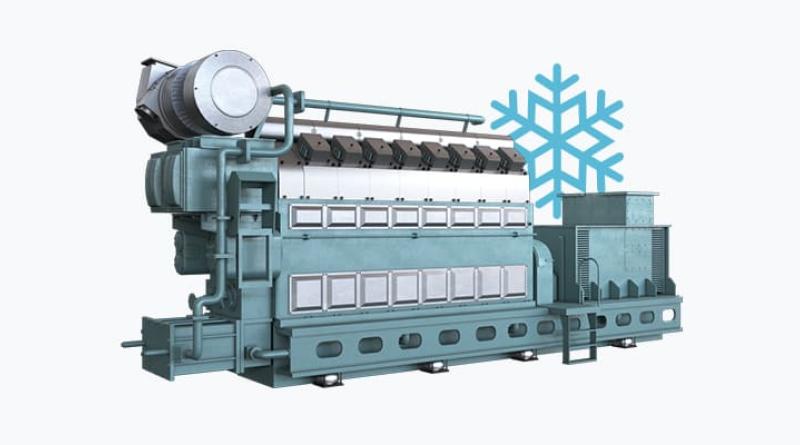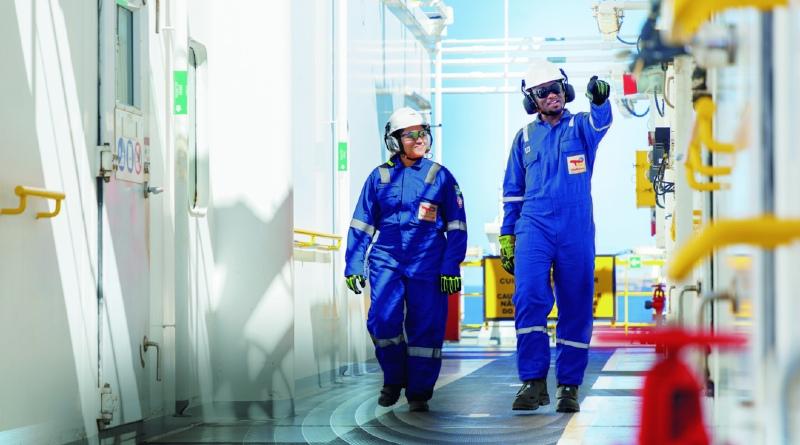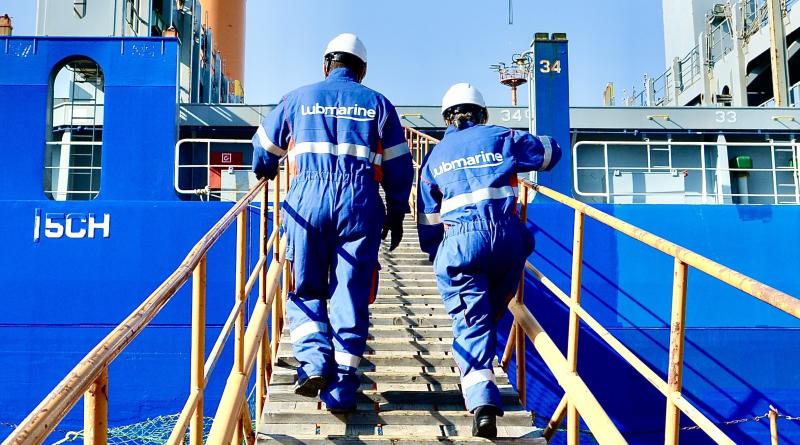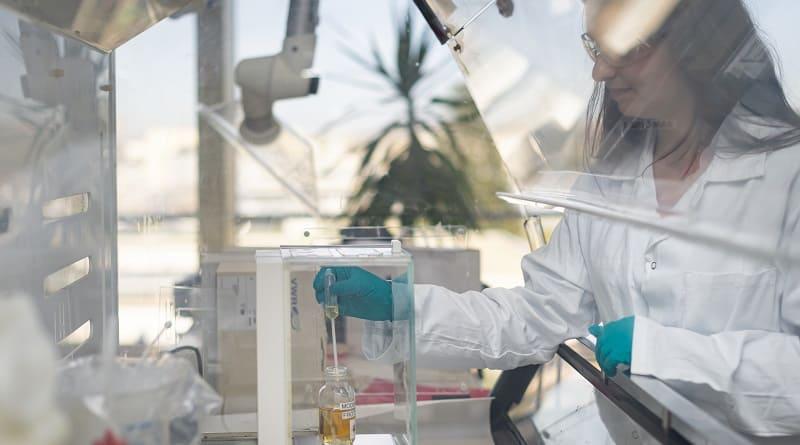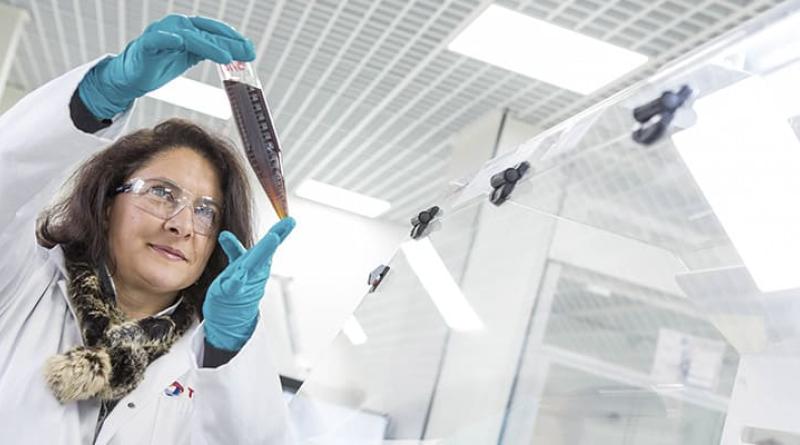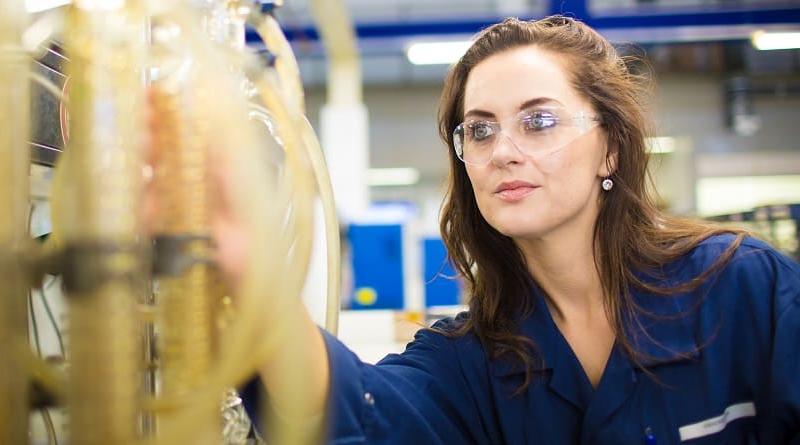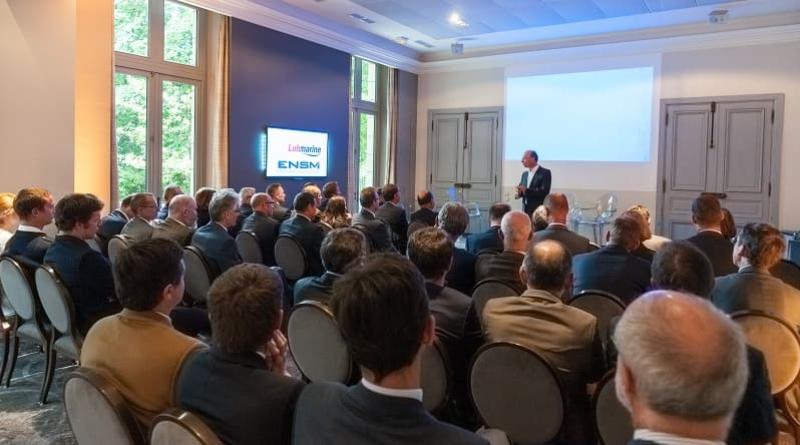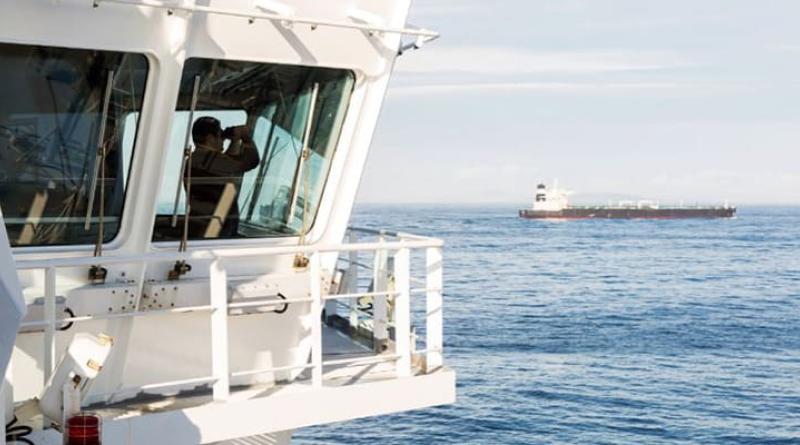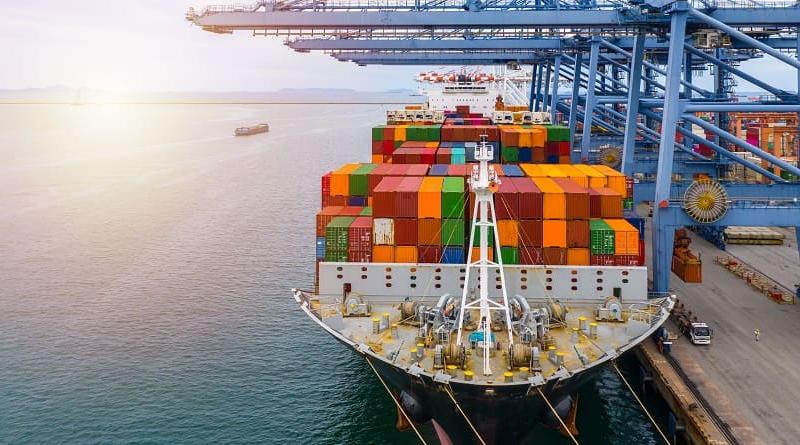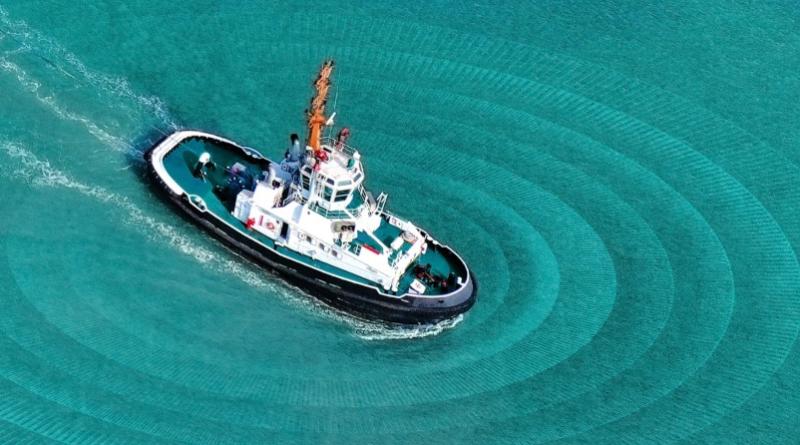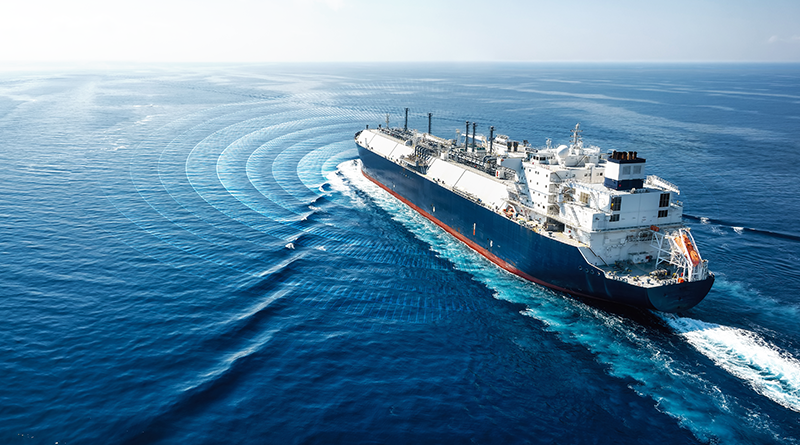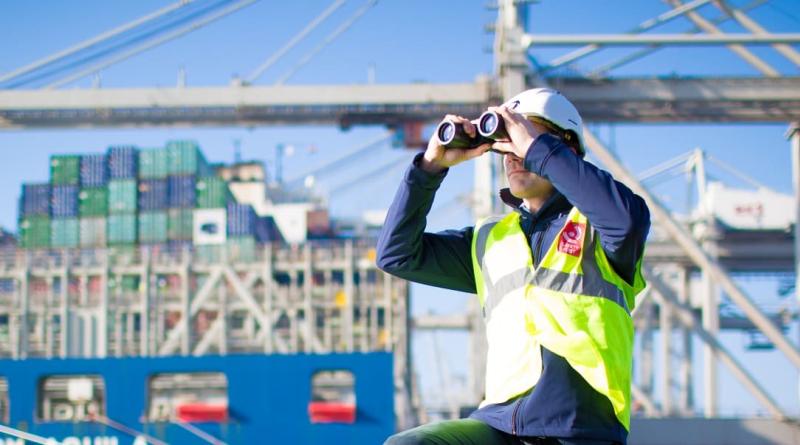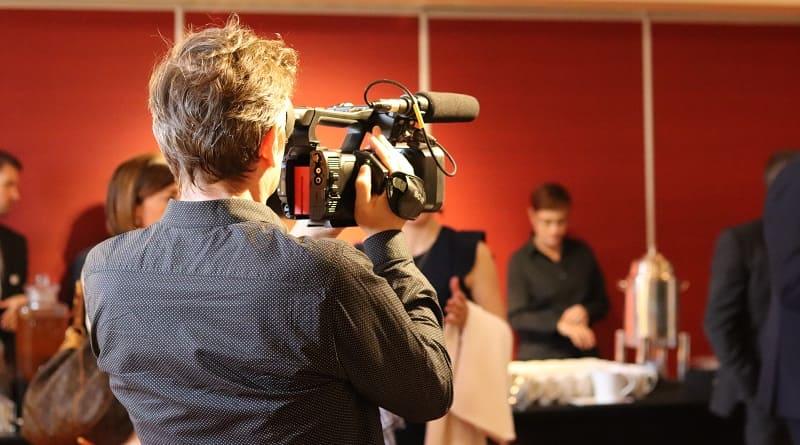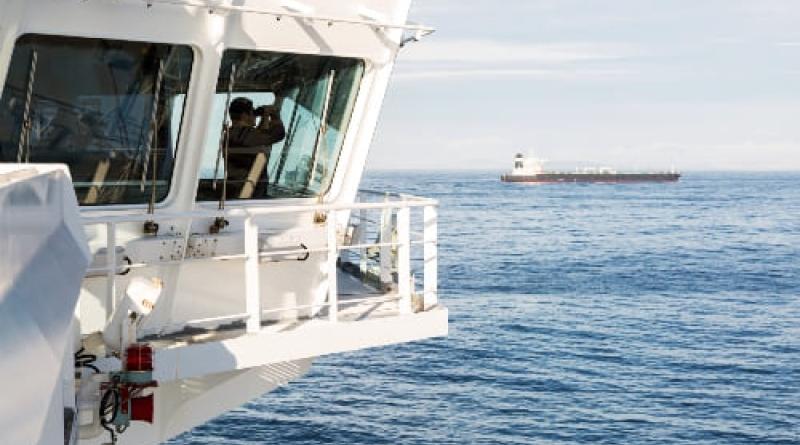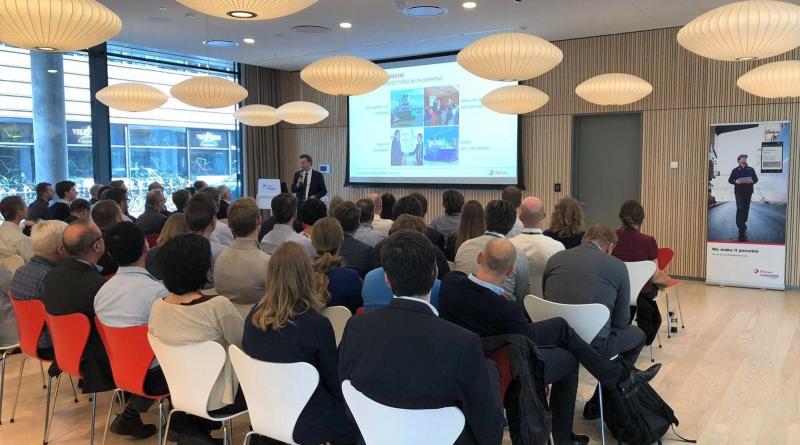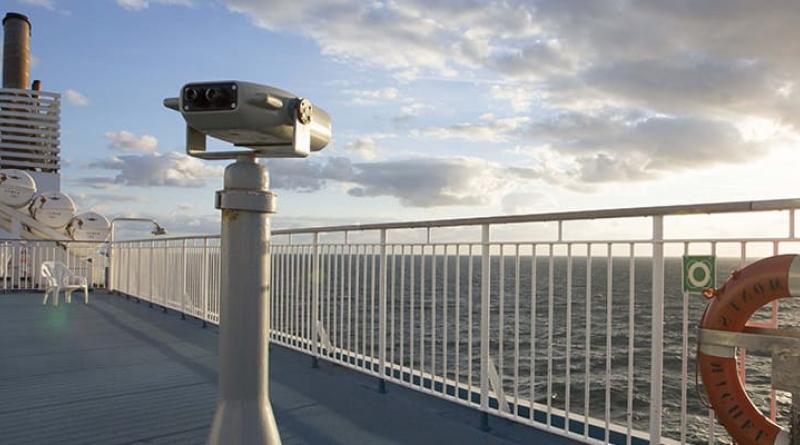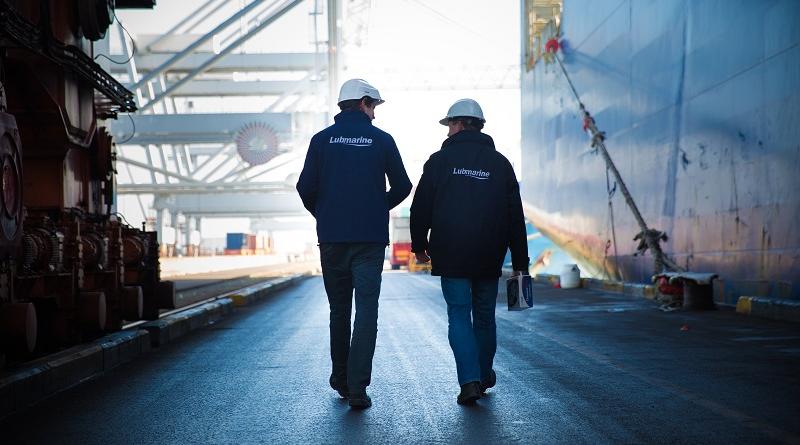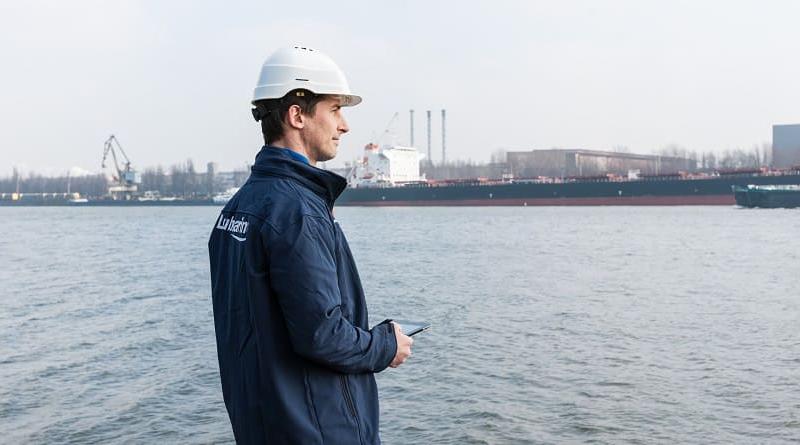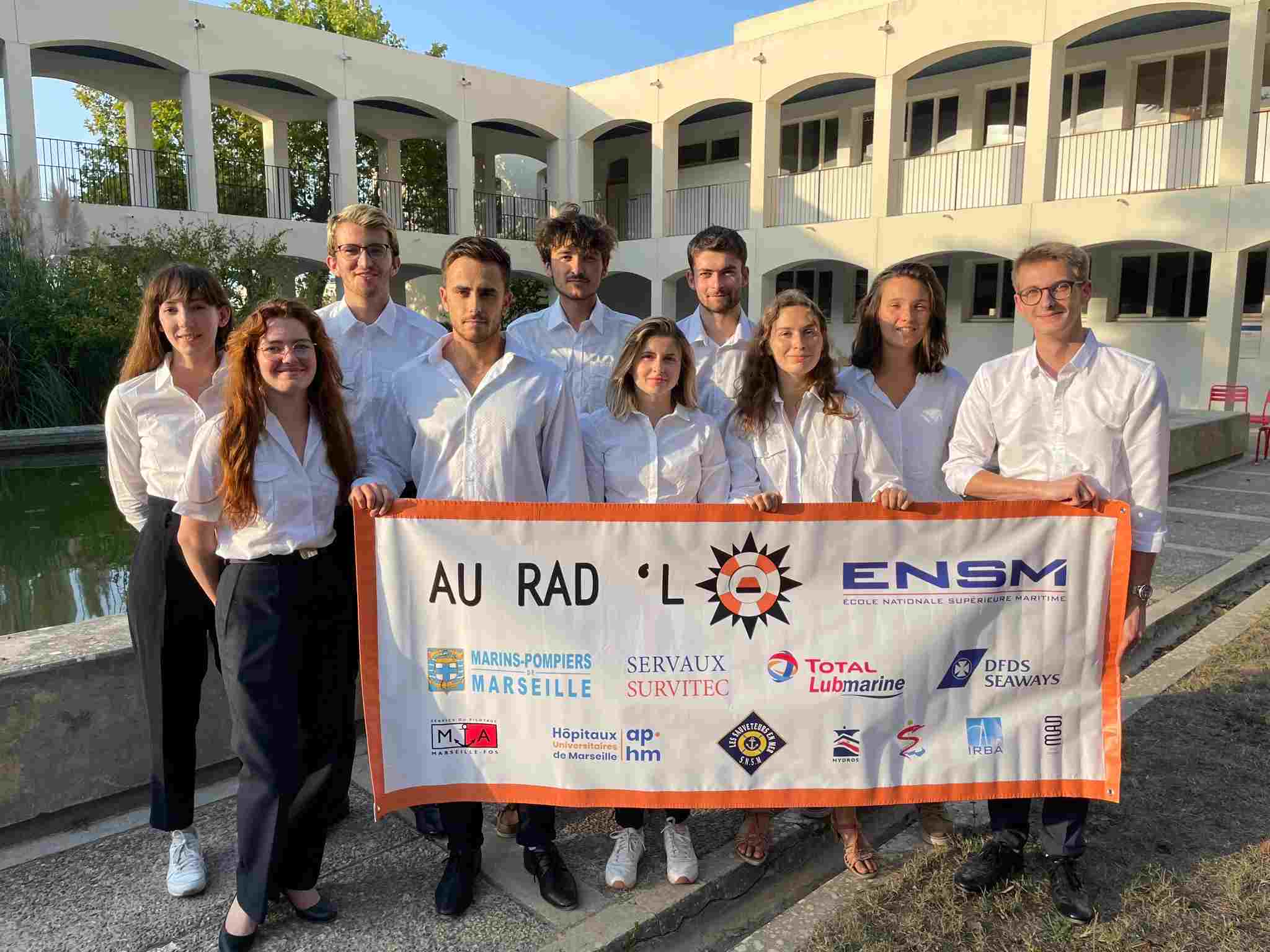
With the United Nations’ annual World Day for Safety and Health at Work taking place today (April 28th) we look at the invaluable support we are providing a unique research project aimed at increasing the chances of safety and survival when adrift at sea.
“Safety is fundamental at TotalEnergies, an ethos woven deeply within all aspects of our business – whether that is members of our team, our partners or our customers. So when we became aware of the work of Au Rad’lo, a French association created in 2016, with the aim of improving survival at sea, we were really interested to explore how we could work together with them given the safety-first synergy and a unique research project they were planning,” said Cécile Joannin, Lubmarine Brand Manager
As a result, Lubmarine is now playing an essential role in enabling Au Rad’lo’s latest research experiment, taking place in the Marseille-Fos area of France in May, which will see 20 volunteers anchored at sea for 5 days in an ‘abandoned ship’ scenario where their physiological and psychological reactions and behaviours to safety processes will be fully monitored.
Lubmarine is providing essential safety equipment including safety kits, waterproof VHF radios, GPS tags and batteries for all volunteers in addition to all first aid equipment on board the 2 craft being used to provide refuge for the volunteers - one an inflatable life raft with a capacity for 25 occupants, the other a rigid lifeboat with a capacity for 18 occupants.
The volunteers including students from the ENSM – the French Merchant Maritime Academy – will be in as close as possible a real life ‘adrift at sea’ situation, and will be tested before, during and after the event and filmed and observed during it by a team of researchers.
“The goal of the simulation is to help improve knowledge surrounding the impact on, and behaviors of, survivors adrift at sea and how, by better understanding these behaviors, critical survival elements including safety training, survival procedures and safety equipment can be further improved, ultimately increasing the chances of survival at sea,” said Cécile.
“It is a really valuable piece of research, one we are delighted to be supporting. Whilst seeking to simulate as real an abandoned ship scenario as possible the volunteers will themselves be closely monitored and by an official safety team that will be shadowing them, ensuring the health and well being of all those involved during this process. We are looking forward to seeing the outcomes of this vital research,” Cécile added.


